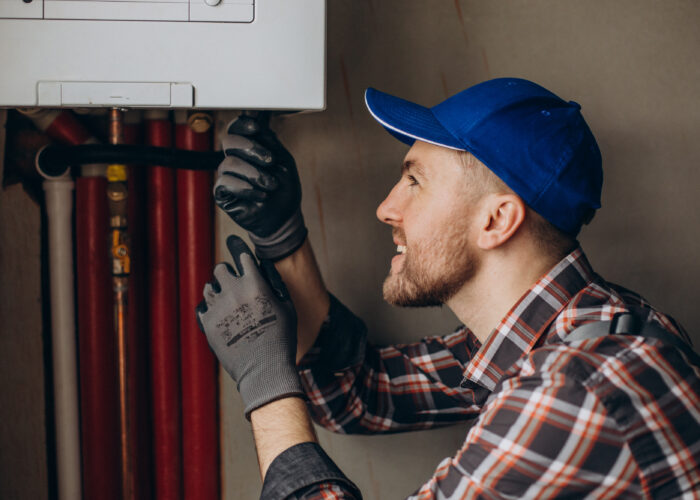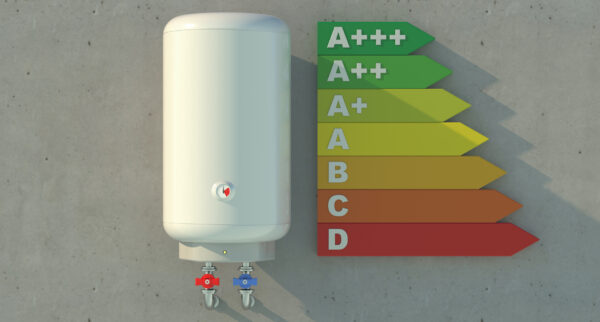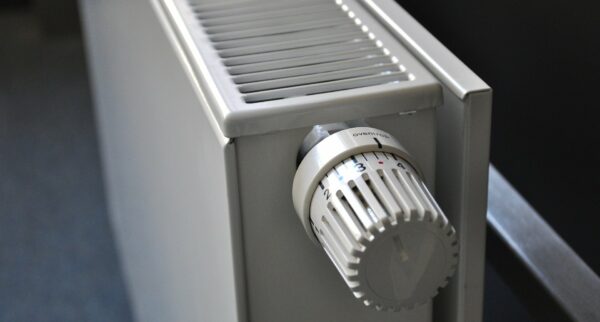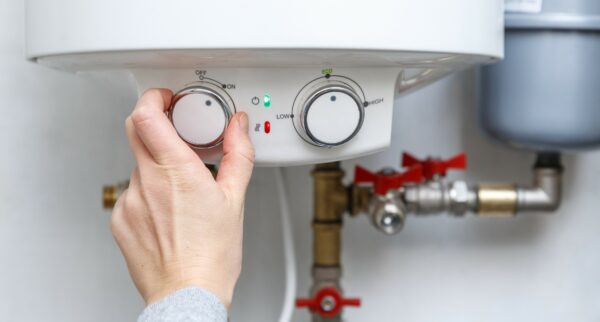Call us today 0207 32 32 999
Chances are, most homeowners or renters aren’t constantly on the lookout for potential boiler problems. Often, we don’t give boilers much thought beyond routine maintenance. But of all the appliances in your home, your boiler is the one you least want to malfunction. Other appliances might be inconvenient, messy, or disgusting, but your boiler is the one with explosive potential. (Don’t worry; it’s not likely to happen!)
Fortunately, we usually know well in advance before boilers reach their proverbial limit. If you notice any of the following symptoms of a boiler problem, a closer investigation is warranted.
Signs of a Faulty Boiler
The signs of a boiler on the blink are usually fairly obvious. Any of these occurrences will probably get your attention:
It’s cold!
Here’s your biggest hint that the boiler’s off: your house is getting colder. If your boiler isn’t producing any heat, several things could be the cause:
- The electricity/gas is off. (Check with a neighbour and see if they’re having similar issues.)
- Someone has turned the thermostat down, off, or to the Cool setting.
- You’ve tripped a fuse or blown a circuit.
- The pilot light is out.
- There’s a leak in the system.
- Parts may need replacing in your boiler.
Our 9-step checklist may help here. If you’ve had a look around and you can’t see an obvious cause for the problem, contact a boiler repair specialist.
The hot water is just warm
So you’ve turned the hot tap full on, but it feels lukewarm at best. This can be caused by incorrect water levels, mineral deposits in your system, a faulty thermostat (or one that’s been inadvertently turned off), or other problems. You can find out how to check the thermostat here.
Water is hot, then cold, then hot …
This is sometimes seen with combi boilers that are too small, too old, or in a house with multiple outlets. We’ve covered this point in detail elsewhere in our blog, so have a look if hot and cold water is a problem.
There’s no hot water at all
If your hot water is closer to the temperature of the North Sea – or if it’s flowing more slowly than usual – your boiler could be losing pressure. This could be due to recently bleeding air from your radiators, in which case it will correct in a day or two. Or it could be a signal of a leak or incorrect pressure. If you want to check it out for yourself, follow these steps.
The pilot light is out
Underneath your boiler is a pilot light, which burns with a blue flame and indicates the system is running. If your pilot light is out, it may simply need to be relit. Consult your boiler’s manual for instructions on how to safely relight the pilot.
If you can’t relight the pilot or if it keeps going out, it’s a good idea to call a professional right away.
There’s water near your boiler
If the floor under your boiler is wet, that’s another fairly obvious sign of a fault. Possible causes include incorrect pressure (which you can read more about here), radiators that need bleeding, pipe corrosion, damaged pump seals, heat exchanger problems, and a leaky overflow pipe.
It’s noisier than usual
If your boiler sounds like it’s at a full rolling boil, like a teakettle – which professionals call “kettling” – it’s working too hard to heat the water. This can be caused by age, mineral deposits, or sludge clogging up your system. Better call a professional and schedule some maintenance; that extra work can shorten your boiler’s life and drive up your bills.
Other times, you may hear knocking and banging in your pipes and radiators. This can be caused by air trapped in the system, loose pipes, or an aging component – perhaps the whole boiler – that’s ready to be replaced.
Radiators aren’t heating evenly
If your radiator is hot on the top but cold at the bottom, it could have sludge or debris that needs to be cleaned out. These effectively block the flow of water in the radiator. If your radiators are old, you might need to invest in newer ones, as sometimes the blockage can’t be cleared. The good news is that flushing out a radiator is a simple and relatively inexpensive fix.
If your radiation is cold on top, the most likely culprit is trapped air. You can bleed the air from your radiator yourself, but make sure the water has cooled first.
The boiler keeps switching itself off
Modern boilers are programmed to turn themselves off as a safety measure; if it detects air in the system or incorrect pressures, the boiler will shut down. This is a good thing, as it can prevent or at least limit damage.
Warning Signs Your Boiler May Be Failing
Most of the signs of a faulty boiler should prompt a call to your friendly gas safe engineer. But if you notice any of the following symptoms of boiler malfunction, you shouldn’t wait to get help:
- The pilot flame goes out often, won’t stay lit, or is yellow or orange. Don’t mess with a faulty pilot light; it could allow gas to escape into your home. A tell-tale sign that things aren’t burning properly is if the flame turns yellow or orange instead of blue.
- There are black marks near or on your boiler. These may be scorch marks, which mean that your boiler is heating up too much. This could also signal electrical problems with your boiler. In either case, this could put your home at greater risk for a fire.
- Your carbon monoxide detector is going off or you smell gas. Even if the problem isn’t your boiler, any suspected gas leak should be treated as a real emergency. Familiarise yourself with the symptoms of acute and long-term carbon monoxide poisoning so you know what to look for.
If you notice any of these signs, switch your boiler off and call the Gas Emergency Service. Follow their advice, which may include opening windows for better ventilation and turning off your house’s gas supply. In most cases, help will be with you in 1-2 hours.
Regular Boiler Maintenance Can Prevent Malfunctions
No one likes a surprise boiler repair. The good news is that many of these problems can be eliminated by a simple yearly maintenance check. Instead of waiting until expensive and inconvenient signs of a faulty boiler start appearing in your home, schedule your regular boiler check-up. You’ll sleep better for it – and save some money, too.





